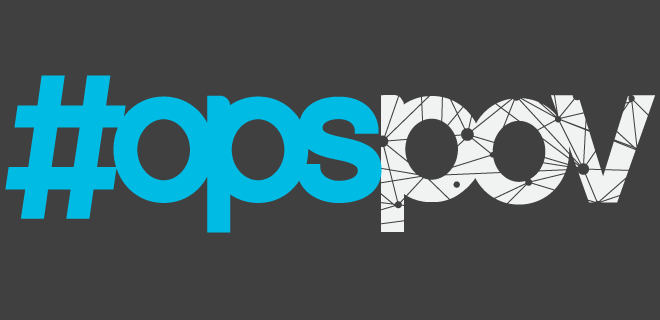
The Cambridge Analytica story is making me backtrack on some of the ways I once assessed Facebook’s position on the malign/benign spectrum, when it comes to data privacy. Years ago, back when some privacy-hawkish friends and acquaintances of mine were still resisting setting up Facebook accounts—we’re talking 2009, 2010—we had a lot of heated discussions about this. The anti-Facebookers were usually concerned with the often highly personal information users shared with Facebook without thinking about it, specifically worried that Facebook’s business was somehow reliant on that information. Their aspirations. Their ambitions. The details of their closest relationships.
My rebuttal was always something like: All of that stuff is too ethereal for Facebook. They can’t monetize it. They want to know where you are, what you’re interested in buying, what you and your friends do for fun, or specifically what they pay money to do for fun. The stuff you share that’s genuinely personal and private—most of it has zero marketing value, so Facebook isn’t going to touch it.
Um, yeah… A lot can change in eight or nine years, I suppose. I didn’t really predict how much more sophisticated data processing was going to get, nor how adroitly marketers would figure out how far they could take that data processing power. And now Cambridge Analytica is a thing, or rather we’ve found out it’s been a thing for years.
In his Marketing Week column, marketing professor Mark Ritson recently dug into this issue—how marketers have seen a way to use Facebook data to target really precisely, at any moment of the day or night, and as such they’ve taken that opportunity and run with it. To Ritson, there’s a classic marketer’s error at play here. Product orientation gets marketers so focused on creating demand for their product that they lose sight of what the consumer actually needs and is asking for. It gets marketers hung up on convincing the consumer of something, rather than serving them. And another addendum I’ll throw in is that marketers will tend to be around other marketers, who are way more interested in “telling their brand’s story” than the audience is.
I was at an ad tech meetup some years back, listening to a marketer talk about how shorter or longer video ad breaks opened up so many new ways for brands to tell their story. Another person butted in and said he didn’t care about her brand’s story—he cared about watching some Netflix in the comfort of his own living room, possibly in an inebriated state. I think about that conversation a lot whenever I hear or read about how super-relevant messaging is a “service” to consumers. It’s a service they’re not asking for. More often than not, what they want is not a more relevant ad, but to be left alone.
Ritson’s column argues technology is closing the gap between users’ “paranoid fantasy” of constant digital surveillance and marketers’ less sexy day-to-day reality. And he argues that in the case of a Cambridge Analytica, that gap is closing through the use of data profiles that don’t need to exist for marketers to do their work. Just because you can target really precisely, really personally, doesn’t mean you should.
Or maybe that’s not the whole of the picture. Advertising that hits the user when it’s truly relevant can be a service—in the right context. Now, it’s in the nature of marketers to want to cast a wide net. The publisher’s role is to say, “Don’t aim there, aim here. Here is where our users are more likely to be receptive to what you want to tell them.”
Publishers know more about their own audiences than anyone. Heck, you can argue many pubs have a more objective view on their audiences than some people who are in those audiences. First-party data holds crucial insights about what the audience wants, and it can show publishers and their buy-side partners how and when to target that audience in a way that doesn’t feel invasive.
Sure, users want to read or watch their stuff in peace, without being advertised to constantly. The precision we can get out of data insights ought to necessitate fewer ads, with less guesswork behind it. As advertising becomes more personal and more personalized, it’s increasingly important to sort out the right context from the wrong context. That’s publishers’ job now—one way to capitalize on marketers’ zeal, while making sure users keep coming back to the site without feeling crept on.